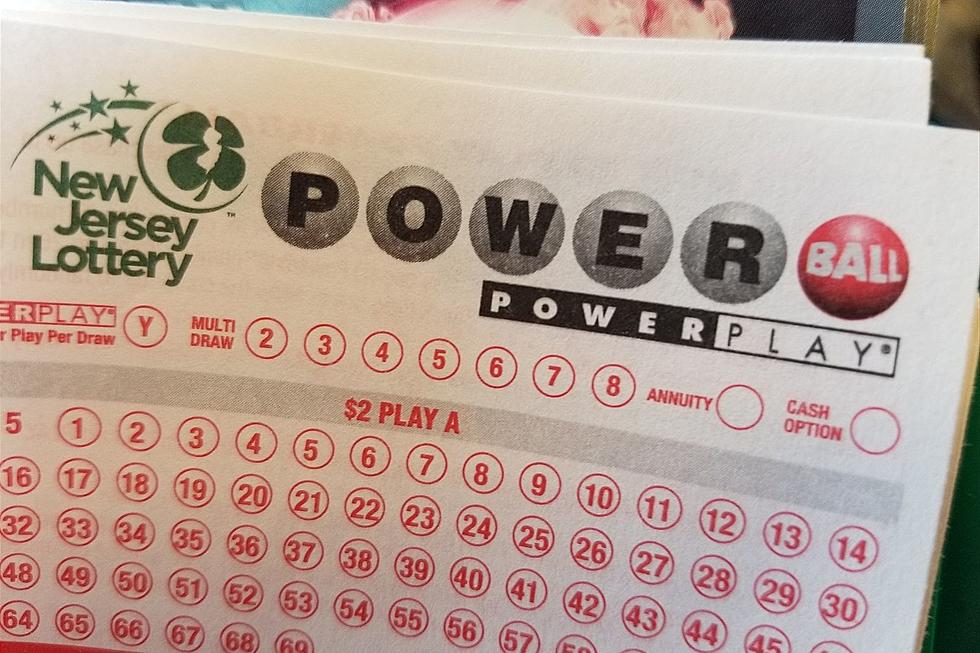
Nutrition FAQS
What is the best cereal?
When it comes to cereal or any other grain product like pasta, bread, oatmeal, or rice, you want to make sure you’re choosing a whole grain product that contains fiber. For cereal specifically, aim or at least 3 grams of fiber and less than 9 grams of sugar (if the cereal contains fruit than look for less than 16 grams of sugar) per serving. Also check out the ingredient list and make sure the first word is “whole”.
For more FREE breakfast ideas, please contact Cierra Robbins, the in-store Dietitian of Somers Point ShopRite.
Are bananas fattening?
Banana’s get a bad rap for those watching their weight. However, bananas are fat free and contain B vitamins, vitamin C, potassium, and fiber. Some bananas are over 10 inches long and can have over 130 calories (sounds like a great snack), so if you are watching your calories or carbohydrates, perhaps you can eat half of a banana or try ½ a cup of sliced banana for about 60 calories.
If you are interested in a FREE meal plan or would like nutrition counseling for weight loss, please contact Cierra Robbins, the in-store Dietitian of Somers Point ShopRite.
How can I lose weight?
Weight loss is all about calories in versus calories out, meaning you have to eat less than your body needs to maintain your current weight. Start with a few simple steps:
(1) Try drinking more water and less sugar-sweetened beverages, such as soda, tea, coffee, and juice
(2) Make half your plate fruits and veggies or aim for at least 5 servings per day
(3) Choose leaner protein, such as skinless chicken and turkey breast, nuts, and beans
(4) Switch to low-fat dairy products, such as yogurt, milk, and cheese
(5) Pick whole grains like brown rice, oatmeal, and 100% whole wheat bread, pasta, and cereal
(6) Match your portion to the suggested serving size on food labels
(7) Eat every 3-4 hours or 5 small meals per day to keep your metabolism running at full speed
(7) Get some type of physical activity at least 30 minutes most days of the week, such as walking, dancing, or swimming
If you are interested in a FREE meal plan or would like nutrition counseling for weight loss, please contact Cierra Robbins, the in-store Dietitian of Somers Point ShopRite.
What are trans fats?
Trans-fats are liquid fats that have been “hydrogenated” to make them more solid, increasing their shelf life. Trans-fat can increase LDL cholesterol (the “bad” cholesterol) and increase the risk of heart disease. Trans-fat is found in all products that contain hydrogenated or partially-hydrogenated oils and may be present in certain types of packaged foods, such as cookies, crackers, and popcorn. According to the Dietary Guidelines, Americans should keep their intake of trans-fat as low as possible. To keep your intake low, simply read the ingredient list on food packages. If you see the word “hydrogenated” that means the food does indeed have trans-fat (http://www.eatright.org/Public/content.aspx?id=6442451884).
If you are interested in learning more about fats, cholesterol, and heart health, please contact Cierra Robbins, the in-store Dietitian of Somers Point ShopRite.
Should I stop eating carbohydrates if I’m trying to lose weight?
Calories cause weight gain and excess calories from carbohydrates are not any more “fattening” than calories from other foods. Despite the claims of low-carb diets, a high-carbohydrate diet does not promote fat storage. In fact, a recent study published in the Journal of the American Dietetic Association found that consuming a low-carbohydrate diet was associated with an increased likelihood of being overweight or obese. The lowest risk was found in those who consumed about half of their calories from carbohydrates (http://www.eatright.org/Public/content.aspx?id=10645). Focus on better-for-you carbohydrates, such as whole grain pasta, bread, and tortillas, brown rice, quinoa, barley, and whole fruits. By choosing these types of carbohydrates you’ll likely increase your fiber intake, which can help you to lose weight by keeping you fuller longer. Dairy products, such as yogurt and milk also contain carbohydrates, not to mention protein. When consuming dairy products, choose fat-free or low-fat versions to reduce some of the calories and saturated fat.
If you are interested in a FREE meal plan or would like nutrition counseling for weight loss, please contact Cierra Robbins, the in-store Dietitian of Somers Point ShopRite.
Should I be on a gluten free diet?
Gluten is a protein found in wheat, barley, and rye products. For most people, gluten is not an issue, but for those with celiac disease or gluten intolerance it can be a real problem. Those with celiac or a gluten intolerance not eat foods containing gluten, because the body's immune system responds to gluten by damaging the lining of the intestines. If you experience diarrhea, stomach pain, weight loss, joint pain, or fatigue after eating a food with gluten, please inform your doctor. The gluten free diet has become increasingly more popular in the last few years and while eliminating gluten from your diet might not help you lose weight, it can perhaps lead to healthier choices if it causes you to eat more fruits, vegetables, lean proteins, low-fat dairy, and whole grains, such as oats, brown rice, and quinoa. Keep in mind that some certified gluten-free foods, such as bread and pasta, may actually be higher in calories and cost more than gluten-containing products.
If you are interested in a FREE gluten-free meal plan, shopping list, or coupons, please contact Cierra Robbins, the in-store Dietitian of Somers Point ShopRite.




